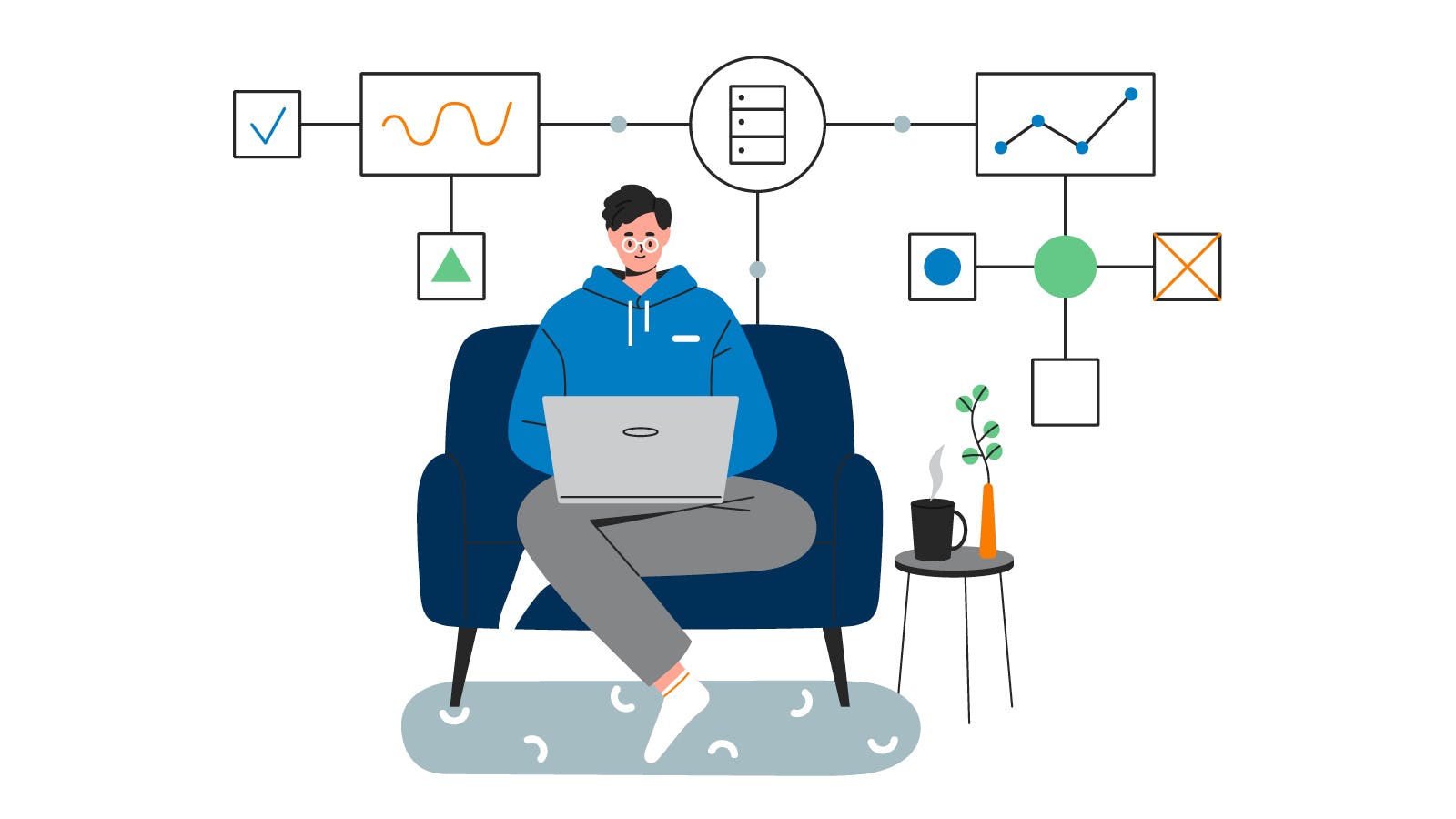April 15th of 2020 rings in first-time tax changes for 2019 filing. In 2017, one of the largest overhaul of the tax code in the last 30 years was signed into law with some modifications only taking effect at the start of 2019. Add that to the transactions that occur during the homebuying process and there’s a chance your 2019 taxes may be a bit mystifying. Here’s how the Tax Cuts and Jobs Act of 2017 could affect you, regardless of where you’re at in the homeownership process.
Tax Reform Impact for 2020
If you don’t know much about homeownership yet, do some research on the various potential tax benefits for homeowners. Benefits may include mortgage interest deduction, state and local tax deductions, tax-free profits on qualified home sales up to $500,000 and penalty-free IRA withdrawals for down payments. Keep in mind, though, that increases in the standard deduction and new limitations on itemized deductions may make it less likely that you’ll use all or any of these potential tax benefits. A financial or tax professional can help in determining which tax benefits you may qualify for, as a homeowner or otherwise.
If you’re actively working toward homeownership, remember that your tax refund may be larger this year, due to the changing tax bracket rates in 2017. If you find yourself with a larger-than-normal refund consider stashing it right into savings, to get a leg up on your down payment fund! In all the excitement, don’t forget to keep a copy of your tax return, as your mortgage professional may request one down the line.
If you moved in the last year, do some digging before deducting moving expenses. According to the IRS website, for tax years prior to 2018, Federal tax laws may have allowed you to deduct moving expenses if your current employer transferred you to a new location or if you started a new job. Since 2018, however, the moving expense deduction is only available to certain military personnel. If you’re a service member and believe you may qualify for moving expense deductions, you may want to consider speaking with a tax professional.
If you’re already a homeowner, remember that the mortgage interest deduction has changed and the property tax deduction is now capped. The limit on deductible mortgage debt was reduced to $750,000 for new loans taken out after December 15, 2017, while loans originated on or before December 15, 2017 of up to $1 million are not subject to the new cap. State and local tax deduction, including property taxes, may now be limited. You might want to speak with a tax or financial professional if you’re not sure which benefits you may qualify for this year.
If you’re remodeling, keep in mind that interest paid on home equity debt can often still be deducted if the money is used to buy, build or substantially improve the taxpayer’s home that secures the loan. So, whether or not you may qualify for the deduction may depend on whether you’re adding onto or remodeling your home or paying off credit card debt. If you’re already hiring a handyman, note that you may be able to claim a tax credit on costs associated with buying and installing items that generate electricity using the sun, wind or fuel cells, solar water heaters and geothermal heat pumps.
Renters, renovators, and owners alike may experience tax reform impact. The tax code is complicated, and mistakes can be costly. If you’re confused or concerned this tax season, you may want to consider speaking with a tax or financial professional to help ease worry, save some time and help ensure you only claim deductions you are entitled to.
Published on February 3, 2020


